Alice Doesn’t Live Here Anymore (1974)
“I know what I’m doing; I know EXACTLY what I’m doing!”
|
Synopsis: |
|
Genres, Themes, Actors, and Directors:
Response to Peary’s Review: He notes that “Visually, Scorsese’s greatest accomplishment is that he conveys that people in America don’t stand on firm ground, are never comfortable in their settings, feel disoriented and unsettled.” He points out that the “film has much humor, especially in the scenes between Alice and her son, but it is hard-edged throughout,” and “Keitel is terrifying.” In Alternate Oscars, Peary elaborates on Burstyn’s performance, noting that she provides a “superb, thoroughly convincing characterization” that “lets us see many facets of Alice, the bad as well as the good, the fragile and the resilient. At various times she is funny, goofy, angry, scared, sexy, pathetic, calm, hysterical, optimistic, pessimistic, patient, intolerant, hard (not too often), and soft… [And] there is one consistency: Alice always reacts emotionally to anything anyone says or does. Nothing passes her by, [and] nothing is taken casually.” I agree that Burstyn’s work here is impressive and authentic — though I’m less taken with the film as a whole. While I appreciate and admire Scorsese’s efforts, I’m annoyed by Alice’s thoroughly unrealistic dream of simply wandering into various bars and finding a job as a lounge singer, and feel sorry for her put-upon son (who at least gives her plenty of grief in return). Keitel’s character is among the most interesting in the film, but (appropriately) she flees from him as soon as we learn that he’s far more brutally complicated than he seems. Kristofferson is pleasant but too-good-to-be-true, and merely a convenient plant. Meanwhile, a sub-plot between Lutter III and Jodie Foster as precocious juvenile delinquent Audrey gives us a heads up on the more fleshed-out role Foster would play for Scorsese in Taxi Driver (1976). Note: This film is also notable for being “the basis for the long-running television series,” which I watched regularly as a kid. Redeeming Qualities and Moments: Must See? Categories
Links: |
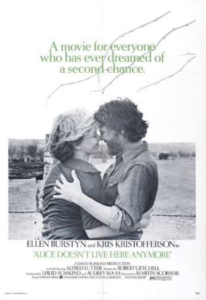
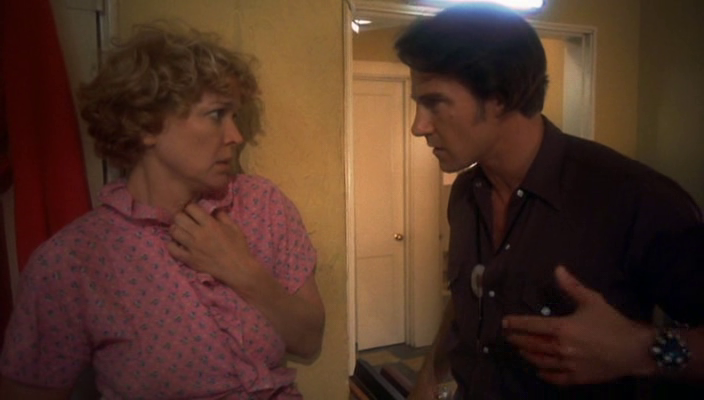
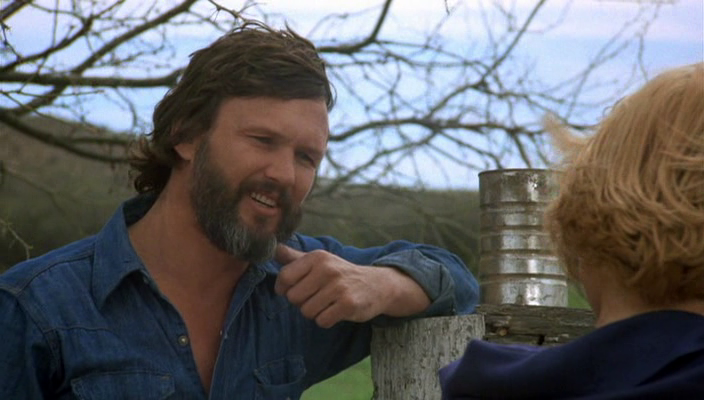
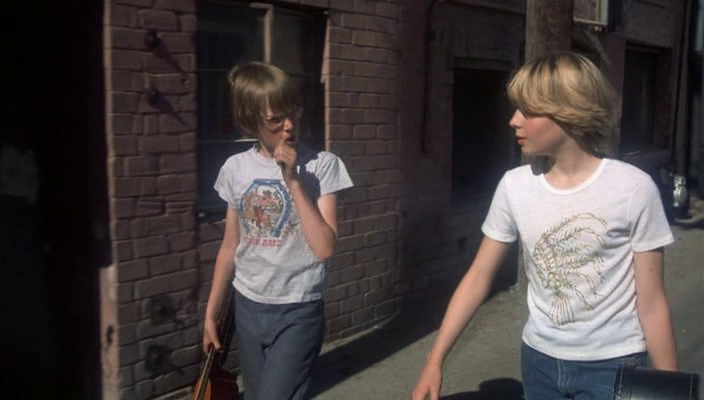
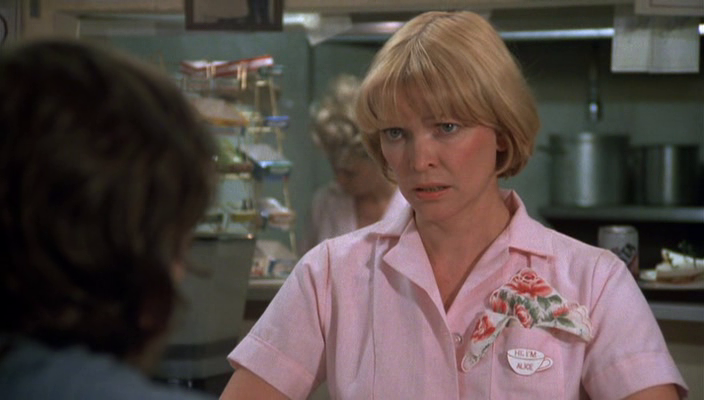
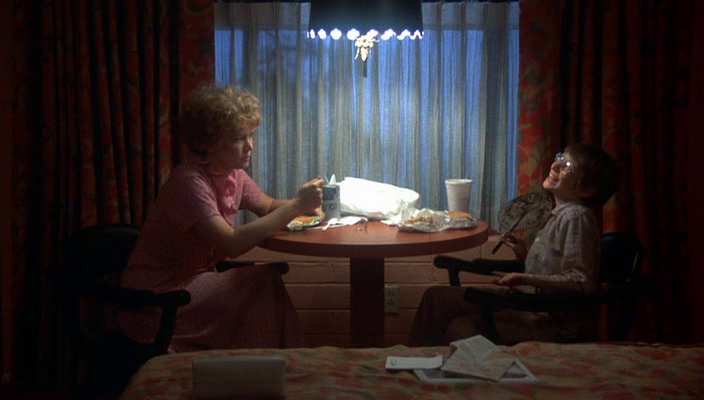
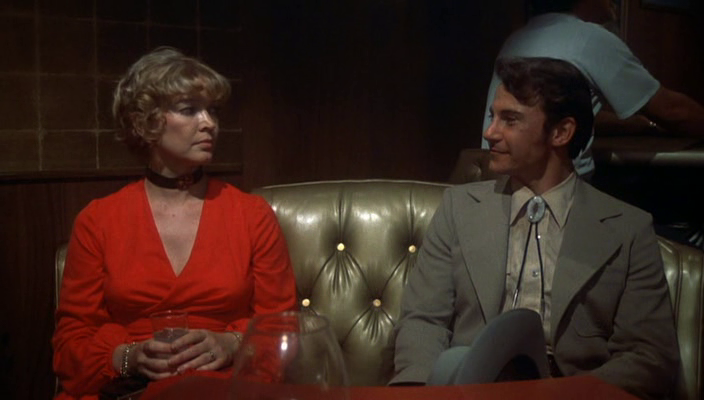
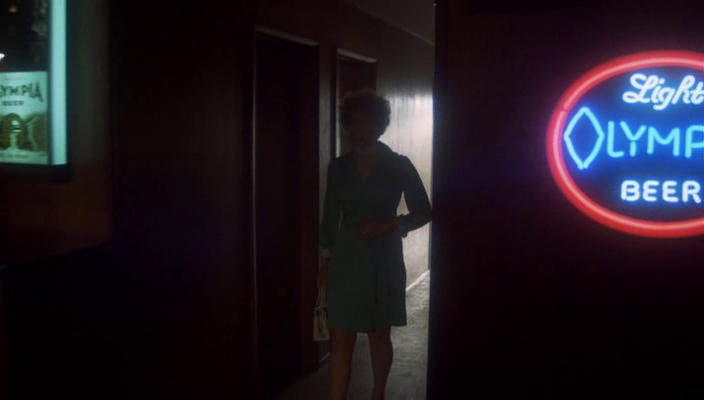
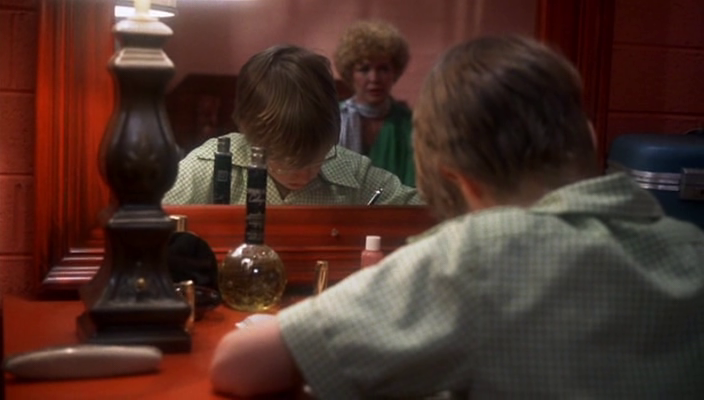

One thought on “Alice Doesn’t Live Here Anymore (1974)”
Agreed; a once-must for Burstyn’s performance – and I find I’m in agreement with the criticisms made in the assessment as well.
This is a film I saw a number of times (first on release, and then a few times when it was out on video). It’s particularly significant in terms of how successful Scorsese – a director who, early on, seemed more interested in male characters (outside of ‘Boxcar Bertha’) – was in handling a story with a generally-strong female protagonist.
It’s not a film that I would now feel drawn to revisit – but those who haven’t seen it will find it of enough genuine value to experience.